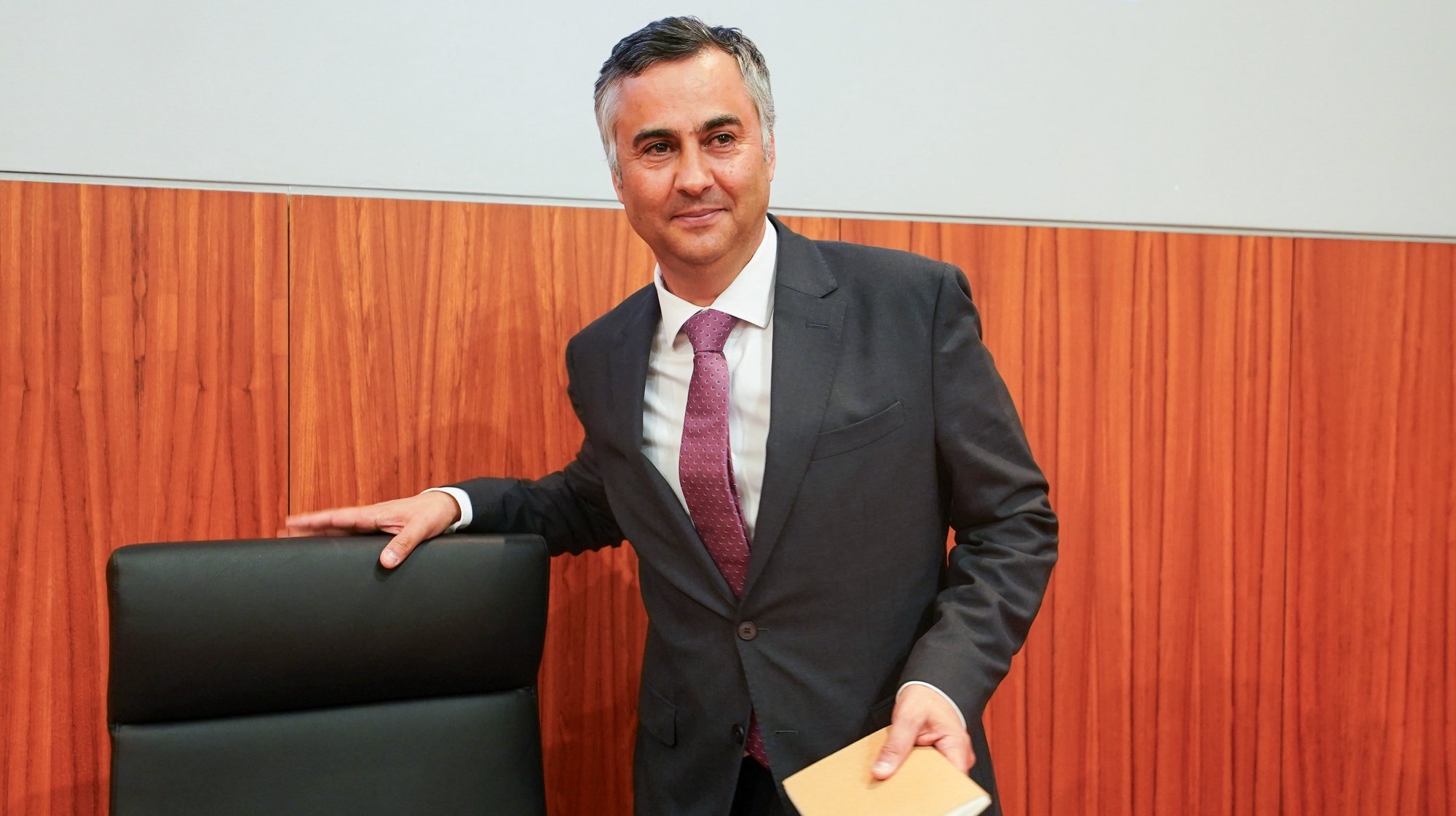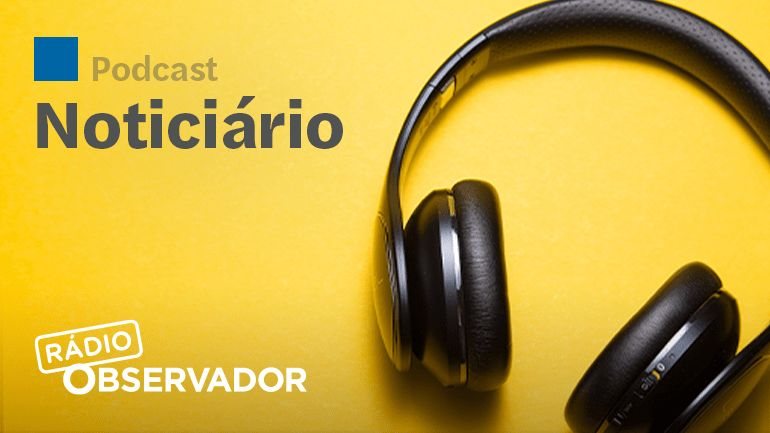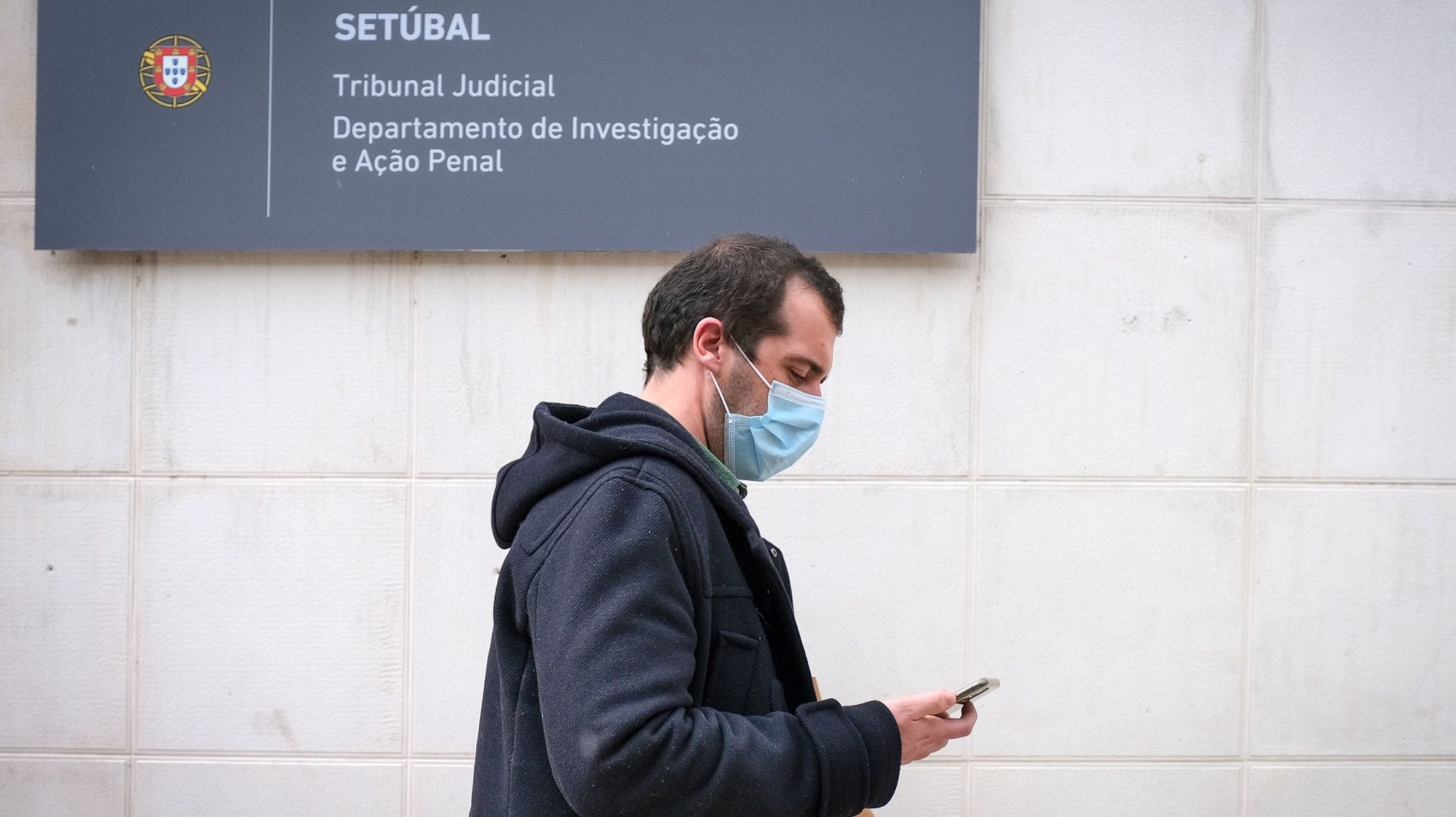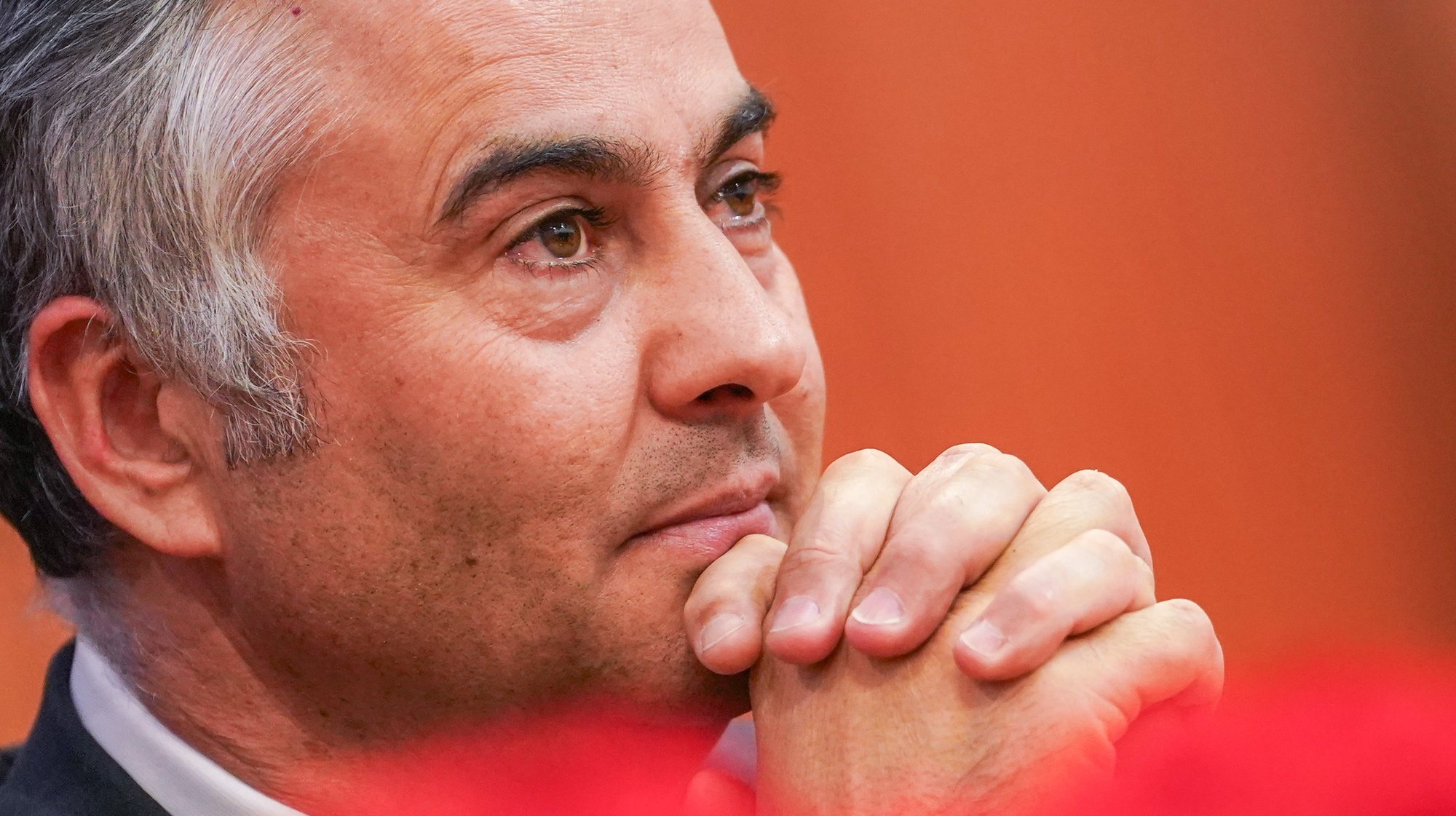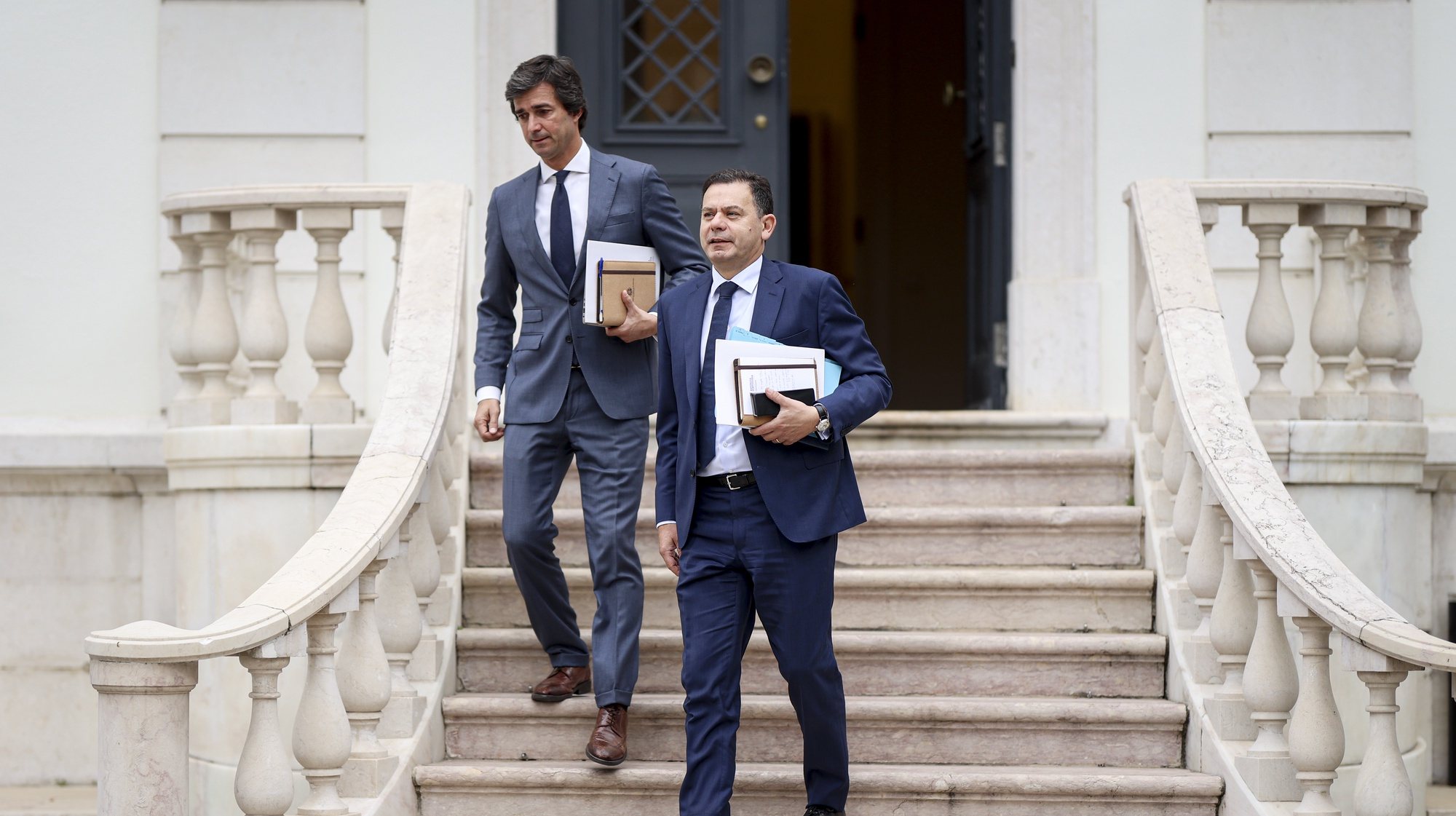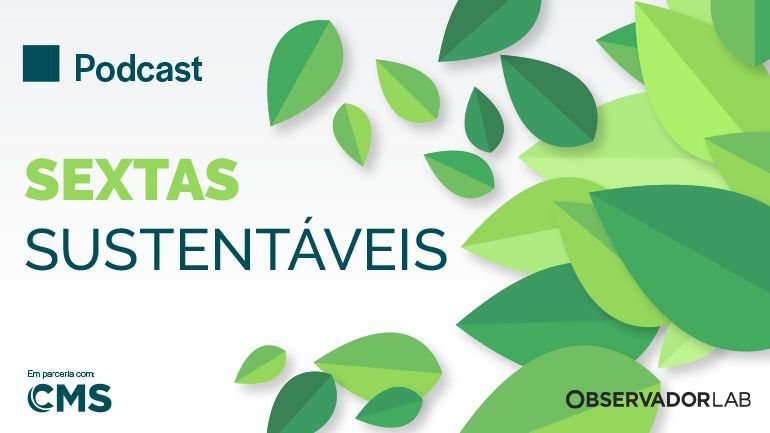No mês passado, li que a Finlândia vai experimentar um novo modelo de educação. Aparentemente, já tinha um sistema com êxito, ou pelo menos com crianças bem instruídas, mas isso não chega para os finlandeses. Mudaram o sistema de disciplinas para um de tópicos. Já não haverá uma aula dupla de geografia seguida por matemática ou francês. Agora, vai haver uma tarde em que extrapolam algarismos das condições climáticas em França, em francês. Ou qualquer coisa parecida.
Li essa notícia com alguma ambivalência. Admito que fazer experiências com a educação é capaz ser uma coisa boa a longo prazo. Mas se a experiência for um desastre total, o que fazemos à geração das crianças-cobaias? No entanto, também me parece que o actual modelo de ensino no Ocidente, assente em blocos de disciplinas que não são necessariamente relevantes para as vidas actuais ou futuras das nossas crianças, é um modelo que não é muito útil nem produtivo, e não acredito que alguma vez tenha sido.
É por isso interessante constatar que um sistema bem-sucedido está a ser mudado para — esperam os finlandeses — se tornar ainda melhor, enquanto os sistemas muito problemáticos que temos em Portugal ou no Reino Unido (problemáticos em termos de infraestruturas e de modelos de ensino) são mantidos como já eram há décadas, só com pequenas mudanças, lidando com os problemas quando aparecem e consumidos pelas lutas entre os interesses envolvidos.
Vejo as minhas filhas e os seus colegas já stressados depois de apenas uma semana de aulas a seguir às férias da Páscoa. Já estão preocupados com as médias finais — as médias que eles acham, nos seus 13, 14 ou 15 anos, que vão determinar todo o seu futuro.
Vejo as brigas sem fim entre o ministério da educação e os sindicatos de professores, a discutir medidas, dinheiro, avaliações, condições, empenho.
Vejo a indústria gigante de “explicações” em Portugal. Se há alguma coisa que revela que um sistema de educação não funciona, é esse facto de ser considerado normal ter “explicações” fora da escola.
O modelo de ensino no Ocidente já não estava a funcionar quando eu saí da escola há trinta anos. Se considerarmos quanto mudaram o mundo e os locais de trabalho nestes últimos anos, é ridículo que a educação não tenha mudado quase nada.
A minha “secondary education” no Reino Unido (equivalente aos 2º e 3º ciclos em Portugal) foi quase inteiramente sem valor, em termos de educação formal. Aprendi uns factos, sim, mas nunca os utilizei (excepto a matemática). Aprendi duas línguas estrangeiras, mas sem uso. As aulas da literatura inglesa só serviram para me tirar a vontade de ler durante anos, e um professor que era um “bully” roubou-me a minha inclinação natural para a matemática.
O mais importante, porém, é que nunca nos ensinaram a aprender. Aprender a aprender devia ser a grande razão para a educação, não? Em termos de educação não formal, o meu tempo no ensino secundário não foi um desperdício total. Aprendi a ser camaleão face aos “bullies” e aos alunos populares, aprendi a fumar e aprendi a falsificar assinaturas nos boletins escolares. Infelizmente, a minha carreira em contrafacção não teve grande futuro depois da escola…
Devemos fazer experiências com a educação para bem do futuro?
Pessoalmente, teria estado muito disponível para ser cobaia numa experiência de ensino. Tenho a certeza de que não teria tido mais custos para mim, desde que não envolvesse lavagem ao cérebro e choques eléctricos, nem teria perdido mais tempo do que o que perdi na escola.
(traduzido do original inglês pela autora)
Experimentation on children
I read last month that Finland is instating a new education model. Apparently, it already had a pretty successful system, or at least, a bunch of very well educated children coming out at the end, but this wasn’t good enough for them. They have done away with “subjects” and gone for “topics”. No more double geography on a Tuesday, followed by Maths and French. They’ll now be doing an afternoon where they extrapolate numbers from weather conditions over France, in French. Or something.
I read this in two minds. One mind worries that experimenting with children’s education might be good for humanity in the long run, but what about the generation of children who are used as lab rats. What if it is a total disaster? What happens to those children?
The other mind thinks that this might be a good plan. The existing western model of teaching children in individual blocks of subjects that are not necessarily relevant to the child, not particularly connected with what will be in the real world for that child, isn’t very useful or productive, and I’m not sure it ever was.
It’s interesting to see that a fairly successful education system is being challenged and hopefully improved, while the extremely problematic systems that we have here in Portugal and in the UK, problematic in infrastructure and educational model, are maintained more or less as they have been for decades, only with little tweaks and twiddles, fire-fighting problems and fighting amongst interested parties.
I see my kids and their school friends stressed and they’ve only been back a week after the Easter break. They are worrying about their grade averages already, the grade averages that they feel, in their early teens, will determine their entire futures.
I see the never-ending fights between the ministries of education and the teachers’ unions, fighting over measures, money, testing, conditions, performance.
I see the huge out-of-school tutoring industry in Portugal. If anything screams that an education system isn’t working it’s the fact that it is normal to go and find extra tutoring outside of school.
The western education model already wasn’t working when I left school, and that was thirty years ago. Considering how much the world and its workplace have changed in that time, it’s ridiculous that the education models have barely been touched.
My secondary schooling (the equivalent of “escola básica 2 e 3” in Portugal) was almost entirely pointless, in terms of formal education. I learned a few facts, but I never used them (except the maths). I learned two foreign languages, but I never used them. I was put off reading for years by English Literature classes, and turned off my natural inclination for maths by a bullying teacher.
Most importantly of all I was most certainly not taught to learn. Learning to learn should be one of the main reasons for education, surely? In non-formal education terms, my time wasn’t entirely wasted, I suppose. I learned how to be a chameleon in the midst of both bullies and the “popular” kids, how to smoke, and how to fake signatures. My career in counterfeiting never really took off, though. Sadly.
Should children have their education mucked about with towards the greater good?
Personally, I would have been delighted to have been a lab rat in an educational experiment. I’m fairly certain that it wouldn’t have harmed me too much, as long as there weren’t actual electrodes and brainwashing involved. It couldn’t have been much more of a waste of my time than my secondary education.






